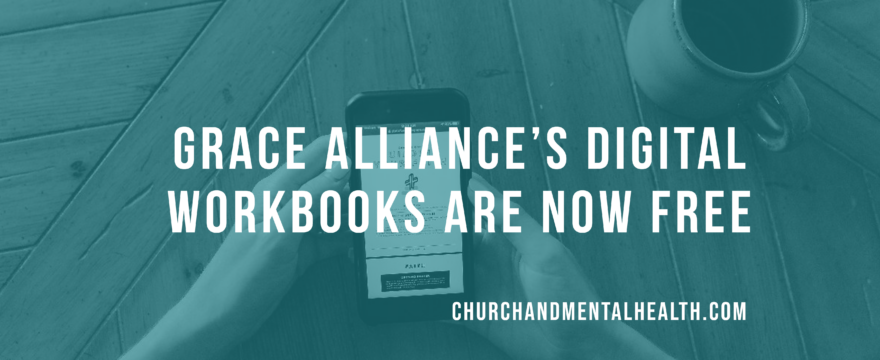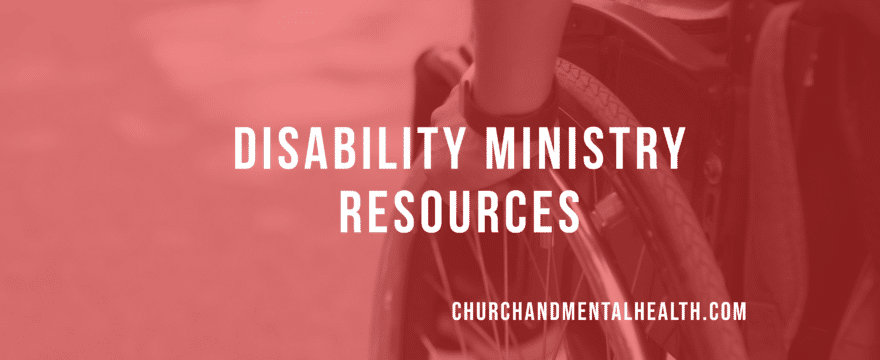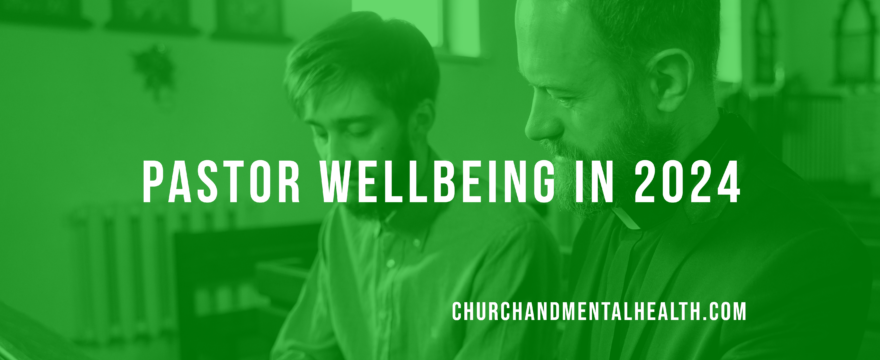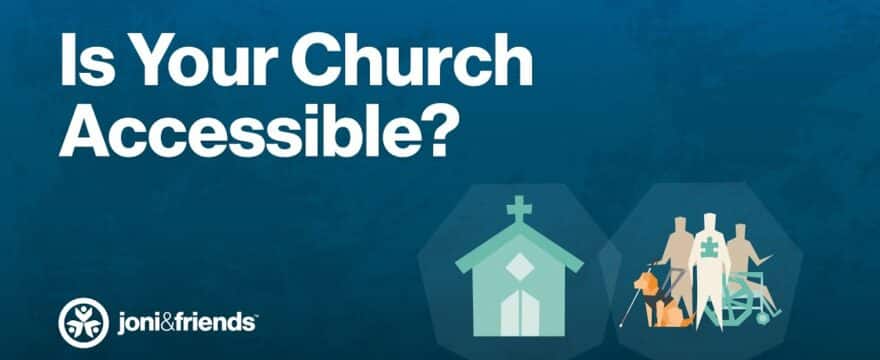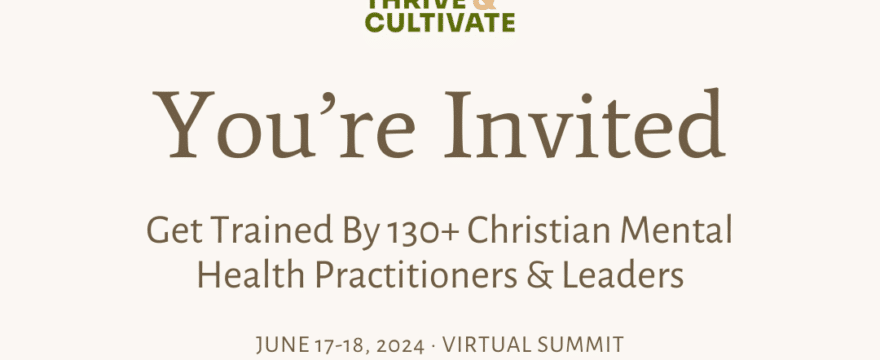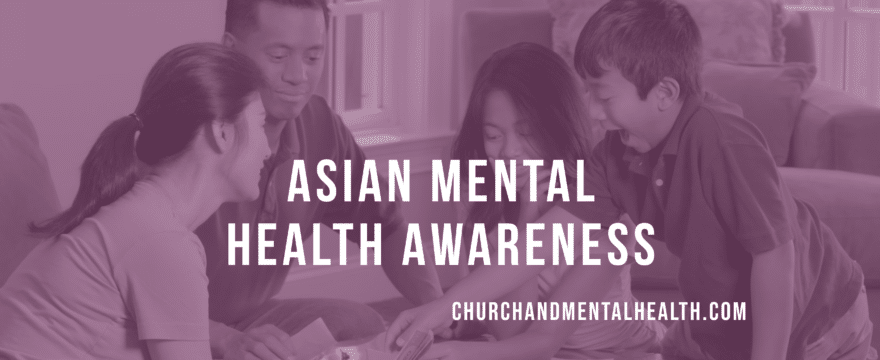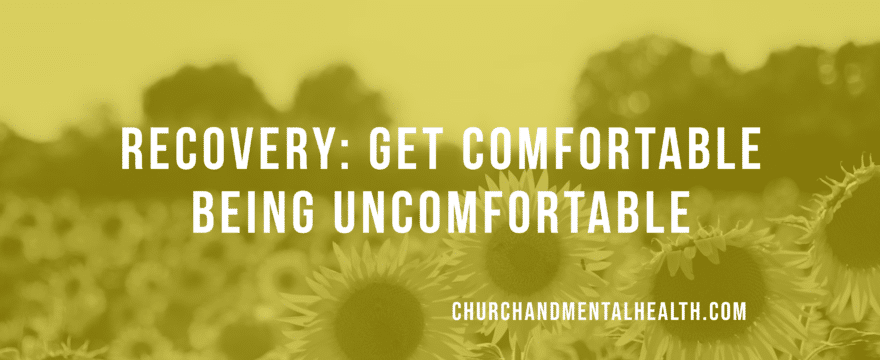This week Grace Alliance made a significant commitment to helping the Church with mental health. On August 1, 2024, ALL of their digital group workbooks will be free to download, print, and use. If you want a printed version, you will still need to pay, but if you want to view what they have, you can get it right away.
This includes Thrive, Living Grace, Family Grace, and Redefined Grace workbooks. (If you want to see them, check them out on their website here) Why would they do this? They shared this on their latest newsletter:
With today’s growing mental health need, we feel Christ-centered mental health recovery should be accessible to everyone without barriers … especially through the Body of Christ.
Our team and board reviewed many reasons why, but one of them was the several requests from remote areas in Africa where shipping and affordability issues … but they were ready to launch groups for their growing community needs.Instead of a price, people will have the option to make a donation and join us as a monthly partner to continue making mental health recovery and thriving free and accessible worldwide.
If not, no worries, let the resources be fully used for anyone, anywhere!
In sharing this, I encourage you to go sign up for their newsletter (at the bottom of their website) and go give them a like on Facebook! We are huge fans of Grace Alliance and you should be too.
